Unilever has shrugged off intense competition and rising costs to post an 18% rise in full-year profits.
Pre-tax profits rose from £4.2bn to £5.2bn, in the year to 31 December. Emerging markets had been the "engine of growth", said CEO Paul Polman. Trading in western Europe had been "difficult", he said. Turnover in the region slipped 0.5% to £10.2bn, although the UK and France performed strongly.
The company's global ice cream portfolio, which includes Magnum, was its star performer in the fourth quarter, with like-for-like sales growth up 8.9%.
Homecare was up 4.6% , with strong growth in India, while personal care had enjoyed 5.6% growth, buoyed by Dove Men+Care, Rexona and Axe (Lynx in the UK) deodorant variant Excite.
Now that it had shareholder backing for the proposed purchase of VO5 maker Alberto Culver, it was poised to overtake rival Procter & Gamble to become world leader in the hair-conditioning market.
Polman gave an upbeat forecast for the year ahead. "The Unilever of today is more agile and confident, now fully fit to compete," he said. "We gained volume share in all regions driven by stronger innovations, significant increases in marketing investment and the extension of our brands into new territories."
While the trading environment was challenging, Unilever's cost savings programme and acquisitions would help it navigate the choppy waters, said Panmure Gordon analyst Graham Jones.
"The consumer environment is pretty weak but I don't think there will be huge price inflation from Unilever," he said. "There'll be a bit but it won't be dramatic and it will allow it to continue to improve its margins modestly."
Last week, P&G reported lower-than-expected second-quarter sales growth blaming an underpeformance in developed markets and rising materials costs. However, it maintained it was gaining market share globally and was on track to hit its profit expectations of 7% to 9% growth for the year.
Pre-tax profits rose from £4.2bn to £5.2bn, in the year to 31 December. Emerging markets had been the "engine of growth", said CEO Paul Polman. Trading in western Europe had been "difficult", he said. Turnover in the region slipped 0.5% to £10.2bn, although the UK and France performed strongly.
The company's global ice cream portfolio, which includes Magnum, was its star performer in the fourth quarter, with like-for-like sales growth up 8.9%.
Homecare was up 4.6% , with strong growth in India, while personal care had enjoyed 5.6% growth, buoyed by Dove Men+Care, Rexona and Axe (Lynx in the UK) deodorant variant Excite.
Now that it had shareholder backing for the proposed purchase of VO5 maker Alberto Culver, it was poised to overtake rival Procter & Gamble to become world leader in the hair-conditioning market.
Polman gave an upbeat forecast for the year ahead. "The Unilever of today is more agile and confident, now fully fit to compete," he said. "We gained volume share in all regions driven by stronger innovations, significant increases in marketing investment and the extension of our brands into new territories."
While the trading environment was challenging, Unilever's cost savings programme and acquisitions would help it navigate the choppy waters, said Panmure Gordon analyst Graham Jones.
"The consumer environment is pretty weak but I don't think there will be huge price inflation from Unilever," he said. "There'll be a bit but it won't be dramatic and it will allow it to continue to improve its margins modestly."
Last week, P&G reported lower-than-expected second-quarter sales growth blaming an underpeformance in developed markets and rising materials costs. However, it maintained it was gaining market share globally and was on track to hit its profit expectations of 7% to 9% growth for the year.



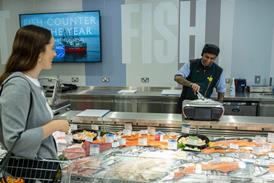
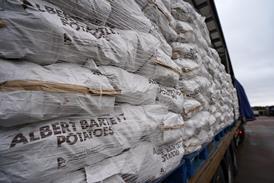





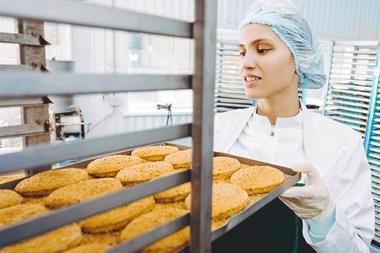

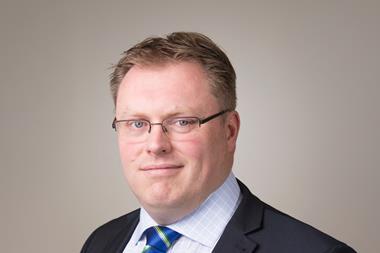
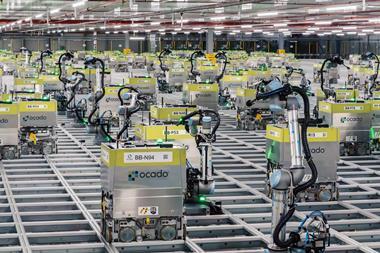

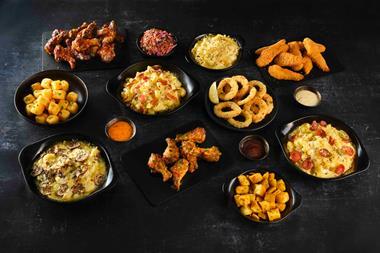
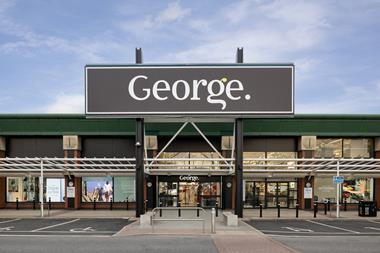
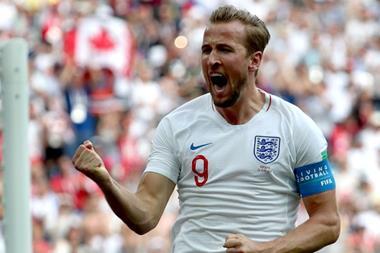

No comments yet